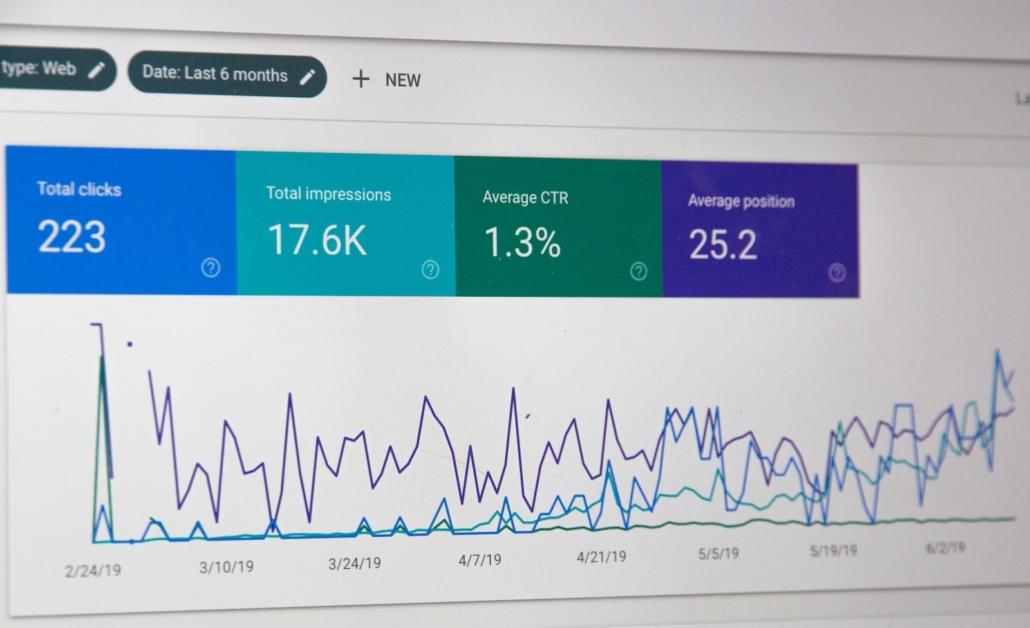Search engine optimisation (SEO) has become a critical strategy for success. When potential customers search for products or services related to your industry, you want your business to appear at the top of the search engine results pages (SERPs). A strong SEO strategy can help you achieve just that, driving organic traffic to your website and ultimately boosting your bottom line. In this article, we will explore the importance of SEO and provide you with a blueprint to skyrocket your visibility and crush the competition.
Why Should Business Owners Care about SEO?
The internet has revolutionised the way consumers discover and engage with businesses. When searching for products or services, the majority of consumers turn to search engines like Google. If your website doesn’t appear on the first page of search results, you are missing out on valuable opportunities to connect with potential customers. By implementing effective SEO techniques, you can increase your online visibility, drive targeted traffic to your website, and stay ahead of your competitors.
Now, let’s dive into seven key points that will help you skyrocket your visibility through SEO.
Comprehensive Keyword Research
Keywords are the foundation of any successful SEO strategy. Start by conducting thorough keyword research to identify the words and phrases your target audience is using to search for your products or services. Incorporate these keywords naturally into your website content, including headings, titles, and meta tags. By targeting relevant keywords, you can improve your website’s visibility in search results and attract qualified traffic.
High-Quality, Optimised Content
Content is king in the world of SEO. Creating high-quality, informative, and engaging content is crucial for both users and search engines. Craft compelling blog posts, articles, and landing pages that address the needs and interests of your target audience. Optimise your content with relevant keywords, headings, and meta descriptions to increase its visibility in search results. Valuable and optimised content not only attracts visitors but also establishes your brand as an authority in your industry.
On-Page Optimisation
On-page optimisation refers to optimising various elements of your website to improve its search engine rankings. This includes optimising meta tags, URLs, headings, and image alt tags. Ensure that your website is user-friendly, with fast-loading pages, clear navigation, and mobile responsiveness. By optimising your website’s on-page elements, you enhance its visibility in search results and provide a seamless user experience.
Link Building
Link building is a crucial aspect of off-page SEO. It involves acquiring high-quality backlinks from reputable websites to improve your website’s authority and rankings. Focus on building relationships with relevant influencers, industry publications, and authoritative websites to earn valuable backlinks. Quality over quantity is key when it comes to link building, so prioritise acquiring links from reputable sources that are relevant to your industry.
Social Media Engagement
Social media platforms play a significant role in SEO. Engage with your audience on social media by sharing valuable content, interacting with followers, and building a strong online community. Social signals, such as likes, shares, and comments, can indirectly impact your search engine rankings. The more engaged and active your social media presence, the more likely your content will be shared, increasing its visibility and driving traffic to your website.
Local SEO Optimisation
If you have a brick-and-mortar business or target customers in specific geographical areas, local SEO optimisation is essential. Claim and optimise your Google My Business listing, ensuring accurate information about your business, such as address, phone number, and operating hours. Encourage customers to leave reviews, as positive reviews can improve your local search rankings. Local SEO optimisation helps you capture local search traffic and attract customers in your vicinity.
Continuous Monitoring and Optimisation
SEO is an ongoing process that requires constant monitoring and optimisation. Keep an eye on your website’s performance using tools like Google Analytics and Search Console. Analyse data, identify areas for improvement, and make necessary adjustments to your SEO strategy. Stay updated with the latest trends and algorithm changes in the SEO landscape to ensure that your website maintains its visibility and competitiveness.
Wrap-up
Implementing a robust SEO strategy is vital for businesses aiming to maximise their online visibility and outshine the competition. By conducting comprehensive keyword research, creating high-quality content, optimising your website’s on-page elements, building quality backlinks, engaging on social media, optimising for local SEO, and continuously monitoring and optimising your strategy, you can skyrocket your visibility and attract valuable organic traffic.
Ready to take your SEO game to the next level? Work with Done Digital today and book a free strategy call!






